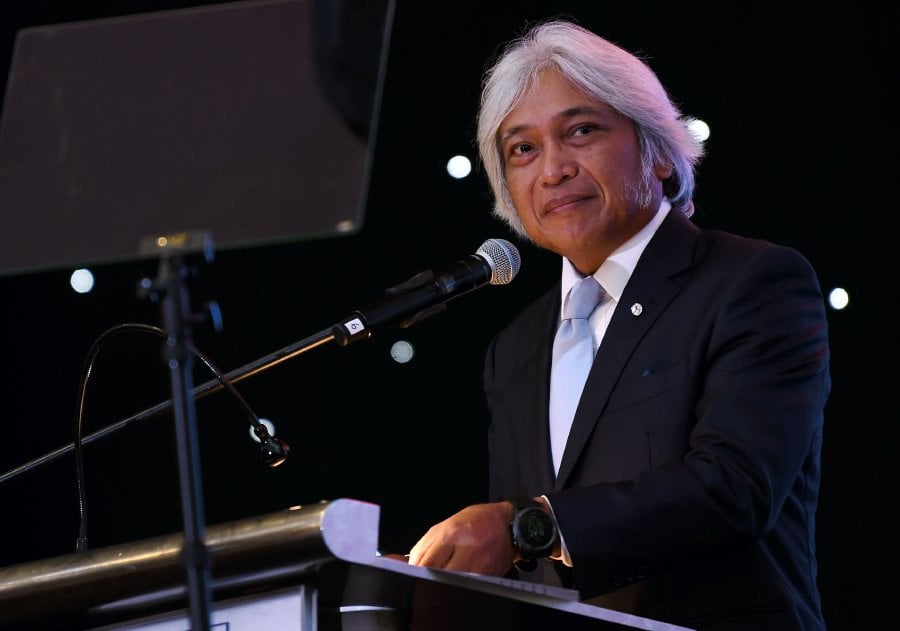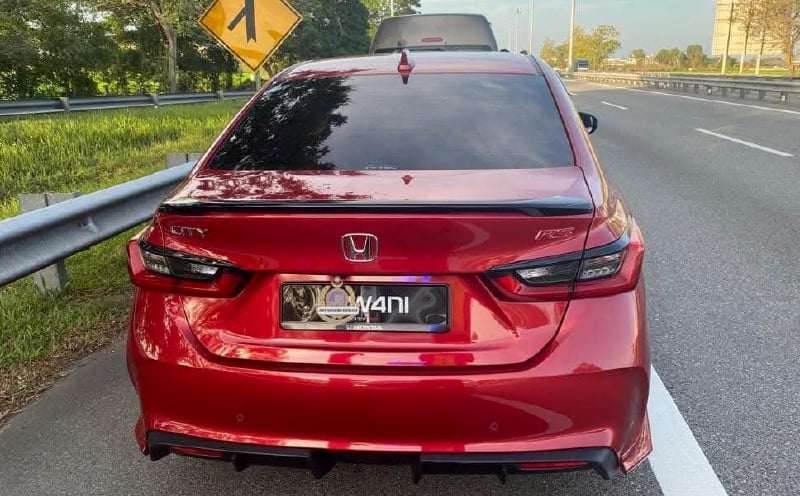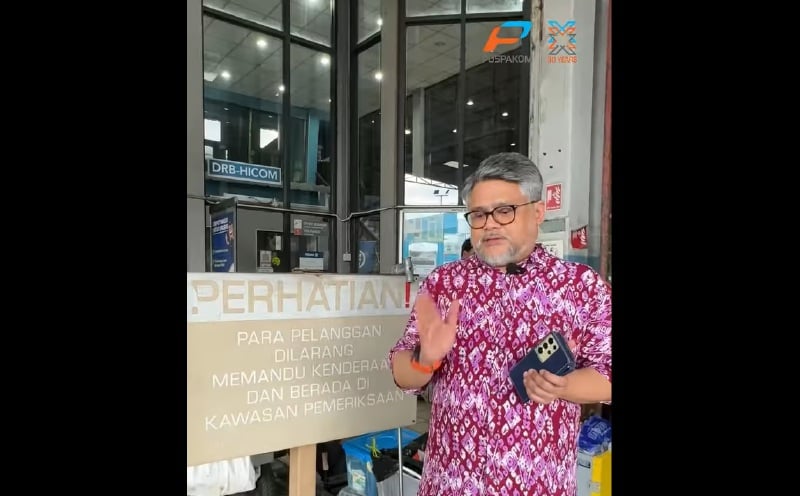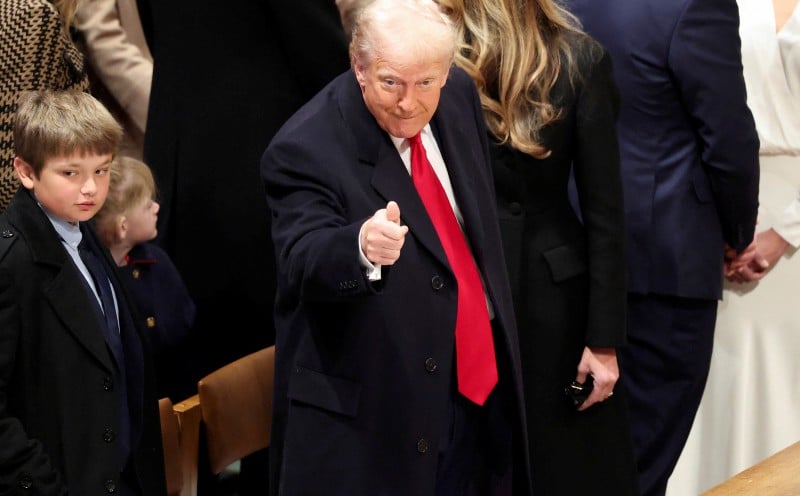KUALA LUMPUR: Bank Negara Malaysia (BNM) will undertake further groundwork to strengthen the takaful industry and create an environment that fosters innovation, facilitated by a revised takaful operational framework.
Governor Tan Sri Muhammad Ibrahim said the revised framework would be published for consultation before the middle of the year.
“The revised framework will bring greater clarity on the use of multiple Shariah standards in the models and structures of takaful.
“We will also strengthen the governance of takaful operators, including how takaful funds are managed, to further safeguard the interest of takaful participants,” he said in his speech at the Takaful Annual Dinner and Awards 2018 here yesterday.
Muhammad said the industry and public were welcome to provide feedback on the exposure draft.
On the objective of 25 per cent family takaful penetration by 2020, he said it was ambitious, but achievable.
“However, at the rate it is growing, we will only reach 16 per cent in 2020, from the 14.8 per cent today.
“This would be even lower if we were to correct for double counting of policies. Clearly, the data proves that takaful is still far below its full potential, and is nowhere near where it should be,” he added.
Muhammad noted that the industry was lagging in terms of migration to e-payments.
Last year, insurers and takaful operators issued 1.5 million cheques, while 5.7 million were collected from customers, he said, adding, cheques were very costly, inefficient and obsolete.
Muhammad revealed that BNM was close to finalising changes to the regulatory framework that would enable online product aggregators to operate with broad access to the insurance and takaful market by year-end.
“This is a game-changing initiative that will pave the way for a more contestable insurance and takaful market going forward, ultimately improving access and choice for consumers,” he said.
Over the past year, the central bank has allowed financial product aggregators to offer insurance and takaful products on a non-advisory basis under the Regulatory Sandbox.
“These platforms allow consumers to easily compare and assess product offerings, thus increasing the visibility of insurance and takaful products and supporting our objective of digitalising insurance and takaful distribution,” Muhammad said.
He lamented that individual takaful operators had not reached optimal size and were dwarfed by their conventional counterparts.
“Without sufficient scale, takaful operators are hampered in making meaningful inroads against their larger competitors. This is not just about competition within the takaful and insurance industry, but also of technology.
“Technology is reshaping the landscape of finance and lowering the barriers to entry from adjacent industries.
Takaful operators must shape up or risk being marginalised, or worse, made irrelevant,” he said.
The governor also noted there was a lot of work to be done in reaching the B40 group (bottom 40 per cent of households earning RM3,900 or less).
“As at end-2016, insurance and takaful penetration in the B40 segment of working age stood at 30.3 per cent, compared with the overall penetration rate of 46.8 per cent,” he said.
According to Muhammad, the roll-out of affordable, accessible and easy-to-understand products under Perlindungan Tenang – an affordable insurance and takaful scheme launched in November last year – is a start in meeting the needs of the underserved.
“Unfortunately, to date, only three takaful operators have developed products under this initiative. Given the importance of financial inclusion for the nation and takaful being a product with pseudo-social leanings, we should expect much more from takaful operators,” he said.
Another area that is wide open for innovation, Muhammad said, was the integration of takaful with elements of waqf (endowment), sadaqah (voluntary alms) and zakat (tax levied on Muslims as almsgiving) to fund the provision of takaful coverage to the poor.
“I understand that a
microtakaful waqf product to help out those in the low income segment was launched a few weeks back. I look forward to seeing more products such as these in the future,” he said.
He added there was strong potential for takaful to take the lead in solving development challenges facing the world, including poverty and environmental degradation. -- BERNAMA











